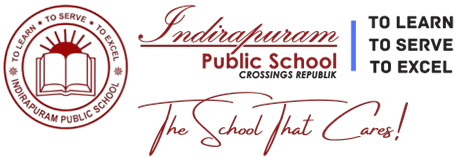Project Based Learing
|
Project-Based Learning (PBL) engages students in real-world projects that require critical thinking, creativity, collaboration and communication. By working on projects that address real issues, students learn to apply their knowledge and skills in practical ways, making learning more meaningful and relevant. This hands-on approach encourages students to take ownership of their learning, fostering a deeper understanding of the subject matter and developing essential life skills. |
|
Art Integrated Learning is a cross-curricular, interdisciplinary and multidisciplinary pedagogical approach, where learners get adequate space and scope for exploring their cultural traditions and cultivating free ex “Art-integration is a cross-curricular pedagogical approach that utilizes various aspects and forms of art and culture as the basis for learning of concepts across subjects”. AIL looks at teaching as facilitation and learning as experiential. NEP 2020 states that “it is becoming increasingly critical that children not only learn, but more importantly learn how to learn. Education thus, must move towards less content, and more towards learning about how to think critically and solve problems. In this context, the AIL pedagogy provides open space for critical thinking and helps students/learners to identify their likes and dislikes. NEP 2020 further emphasizes that “education must build character and enable learners to be ethical, rational, compassionate, and caring”. Hence, the objective of AIL pedagogy is not only to facilitate learners achieve desired learning outcomes but also to provide them space for their humane and emotional development. |
|
We incorporate digital tools and resources into the curriculum to enhance digital literacy. This includes teaching students how to use technology for research, communication and problem-solving, as well as ensuring they understand digital citizenship and online safety. This aids in preparedness for future careers. We teach students to use technology effectively and they are better prepared for the workforce. The problem-solving skills Technology provides tools that enhance students' ability to solve complex problems, think critically, and innovate. The school also aims to make the students responsible digital citizens and help them understand online safety precautions to navigate the digital world responsibly and ethically. |




